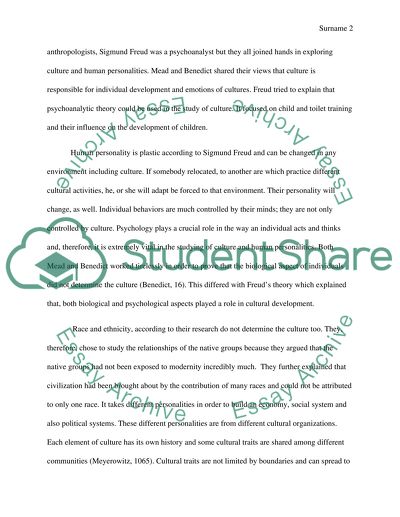Cite this document
(“Relationship Between Culture And Psychological Processes Essay”, n.d.)
Relationship Between Culture And Psychological Processes Essay. Retrieved from https://studentshare.org/anthropology/1444047-ruth-benedict-and-margaret-mead-both-write-about
Relationship Between Culture And Psychological Processes Essay. Retrieved from https://studentshare.org/anthropology/1444047-ruth-benedict-and-margaret-mead-both-write-about
(Relationship Between Culture And Psychological Processes Essay)
Relationship Between Culture And Psychological Processes Essay. https://studentshare.org/anthropology/1444047-ruth-benedict-and-margaret-mead-both-write-about.
Relationship Between Culture And Psychological Processes Essay. https://studentshare.org/anthropology/1444047-ruth-benedict-and-margaret-mead-both-write-about.
“Relationship Between Culture And Psychological Processes Essay”, n.d. https://studentshare.org/anthropology/1444047-ruth-benedict-and-margaret-mead-both-write-about.


